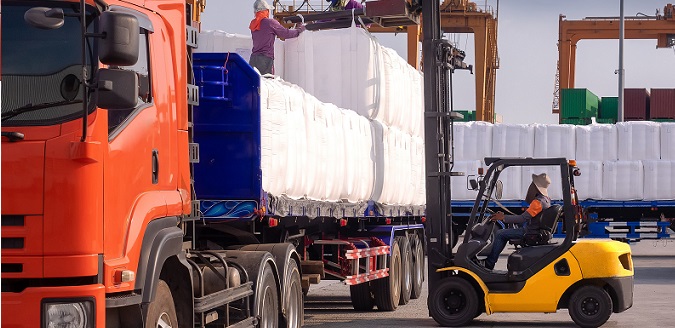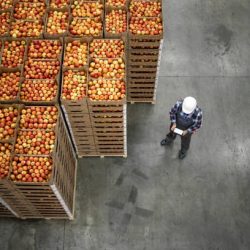Abuja, Nigeria – Nigeria, Africa’s most populous nation, is grappling with a staggering paradox: it spends more than $10 billion annually on food imports despite possessing vast agricultural potential. This disconnect, as highlighted by Minister of Agriculture and Food Security Abubakar Kyari, is fueling a food inflation crisis and underscoring the urgent need for a strategic overhaul of the country’s farming sector.
The government’s fresh push for reform comes as food prices soar and more than 106 million Nigerians live in extreme poverty. While agriculture accounts for 26% of the nation’s GDP and employs 70% of its workforce, the sector’s output remains dwarfed by its consumption needs. The country, for instance, consumes 6.5 million tons of wheat annually but produces only a fraction of that amount. This reliance on imports is a significant drain on foreign exchange reserves and compromises national food sovereignty.
A key issue is the lack of adequate financing and technology. Traditional credit systems often stifle smallholder farmers—who make up 90% of agricultural production—with high interest rates and stringent conditions. The government’s paltry 1.5% budgetary allocation to agriculture further highlights the insufficient state support.
Insecurity is another major obstacle. Widespread banditry and attacks on farming communities by herders have displaced countless farmers, threatening the stability of the food supply chain. This pervasive violence, combined with post-harvest losses due to poor infrastructure, has made farming a high-risk endeavor.
The government’s recent initiatives, such as the procurement of 2,000 tractors, are a start but require significant scaling. The Bola Tinubu administration is also collaborating with Brazilian entities to modernise its dairy sector, which, despite having Africa’s fourth-largest cattle population, remains largely underdeveloped.
To truly transform the sector, experts say Nigeria must learn from countries like the Netherlands and Israel, which have achieved agricultural surpluses despite limited natural endowments. This would involve a focus on mechanisation, innovative financing models, public-private partnerships, and a resolute commitment to securing farming communities. Reorienting the agricultural sector is crucial not only for food security but also for creating a resilient economy less dependent on volatile oil revenues and foreign imports.




